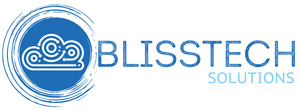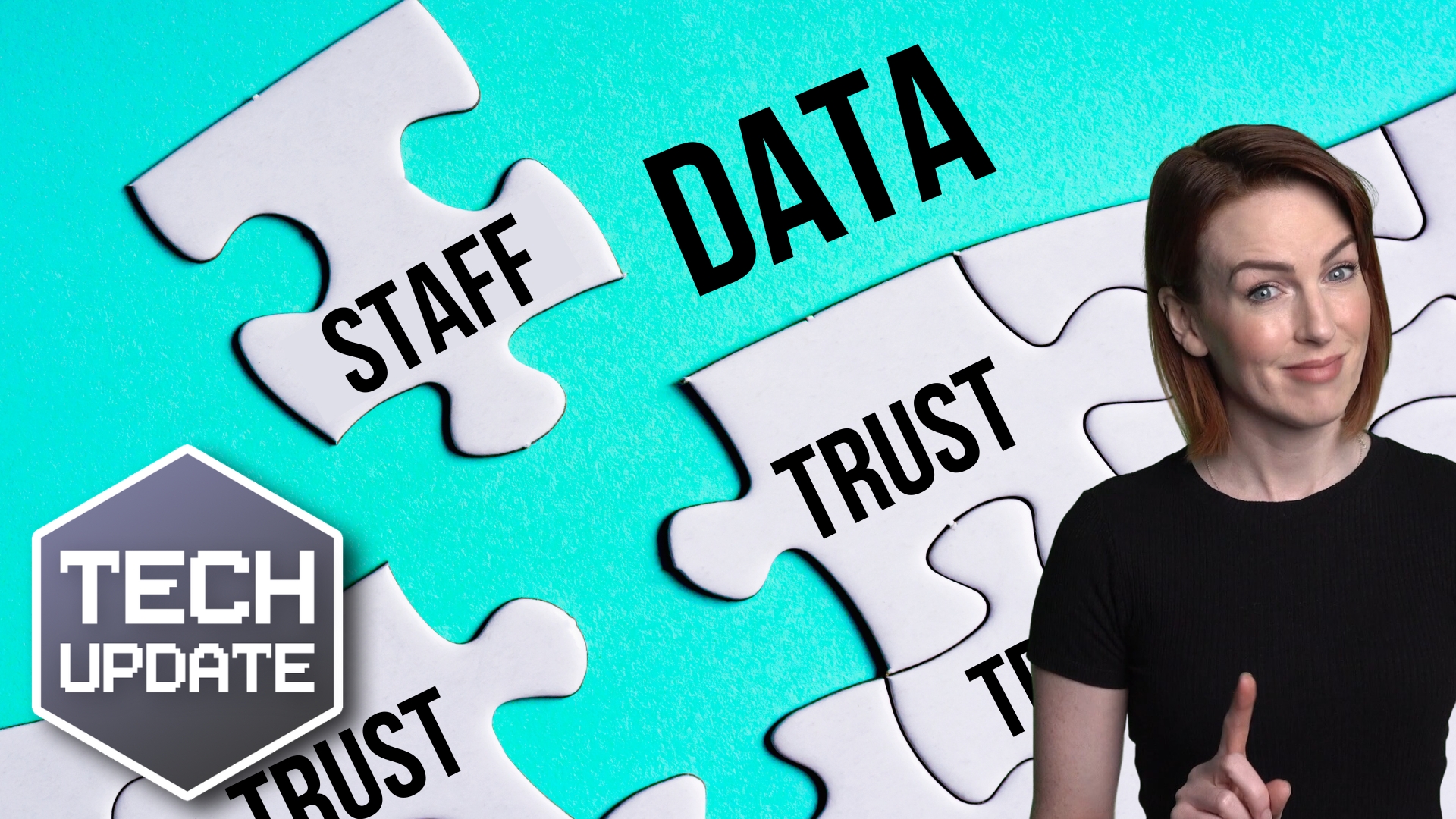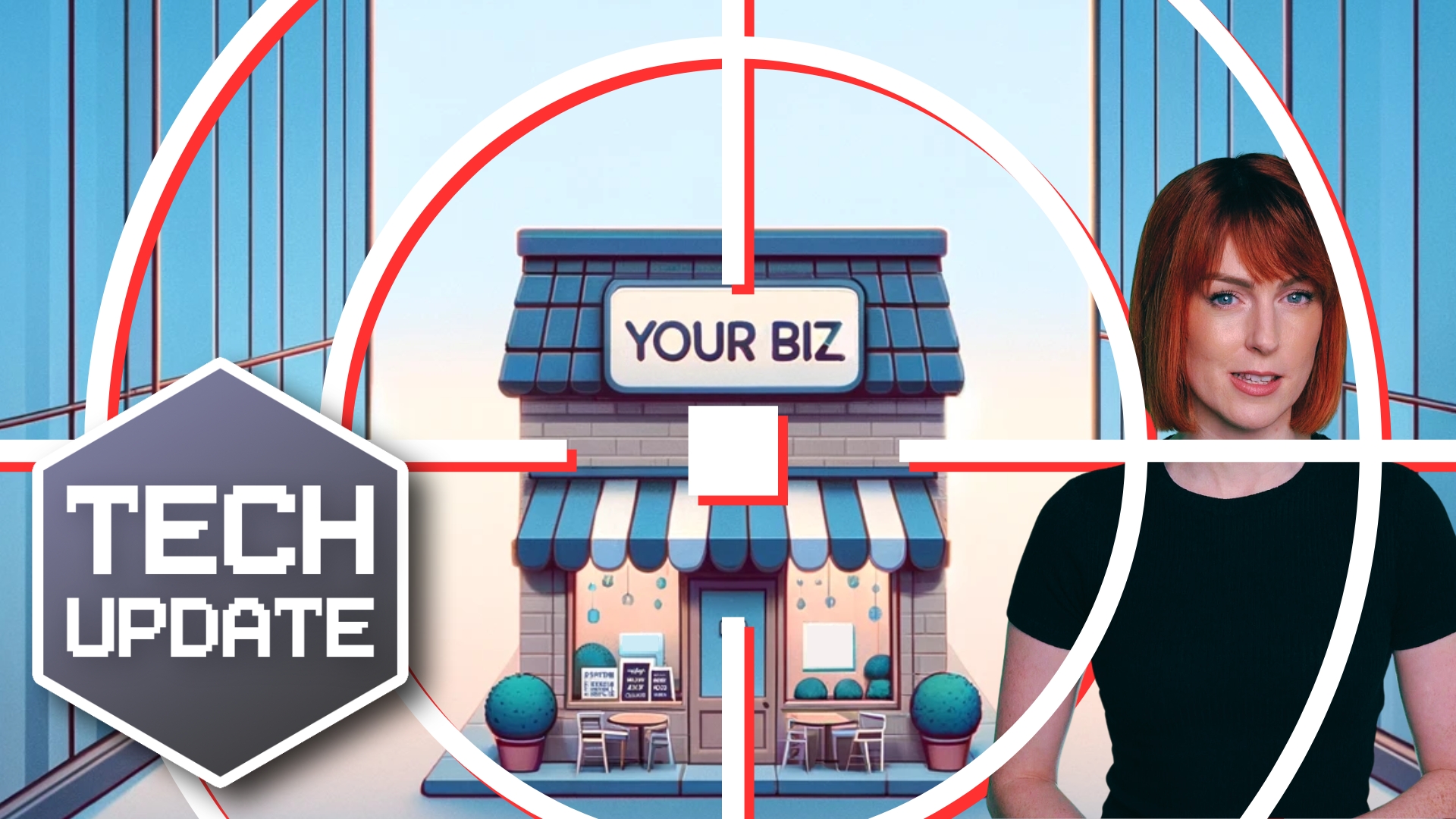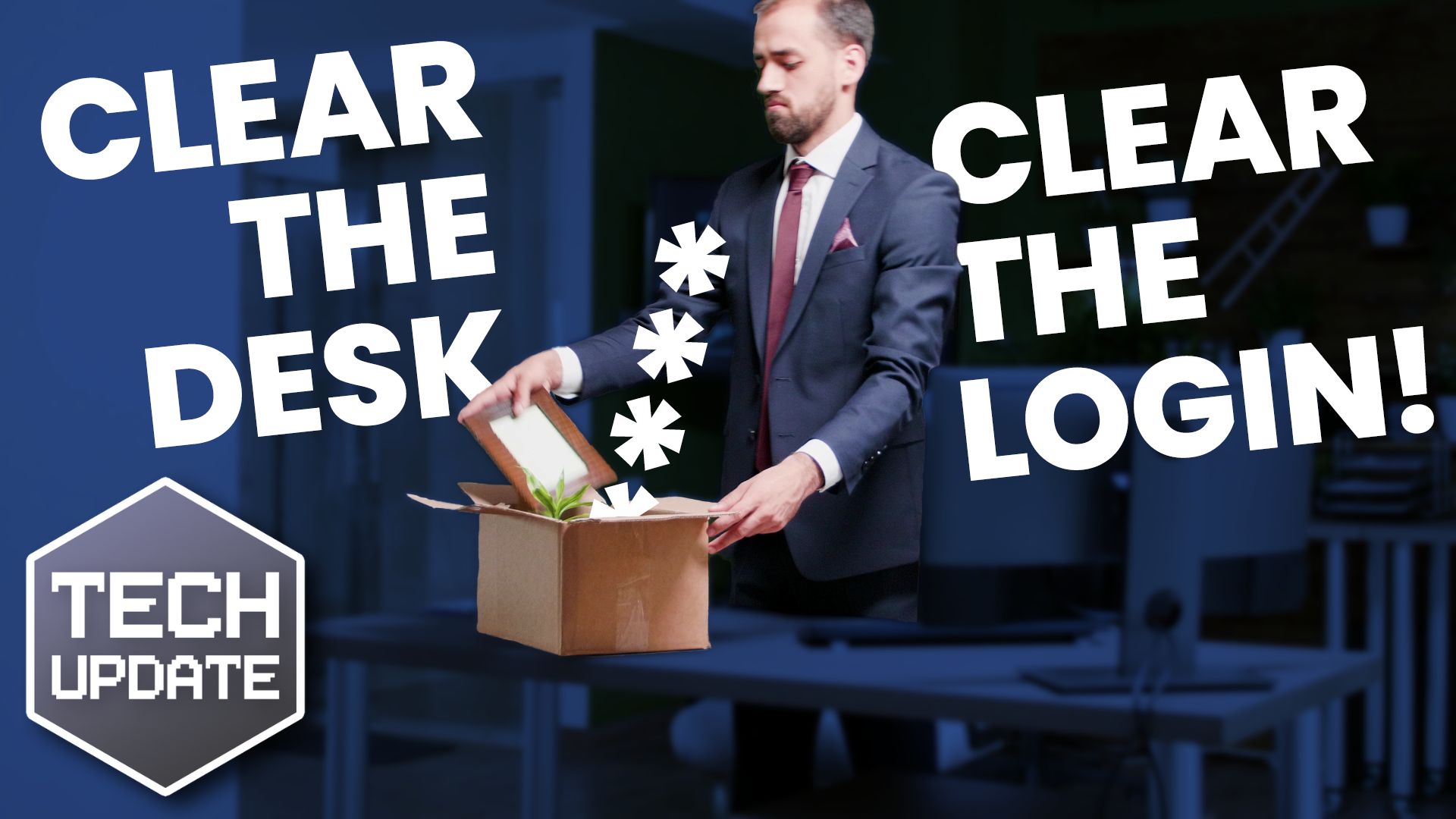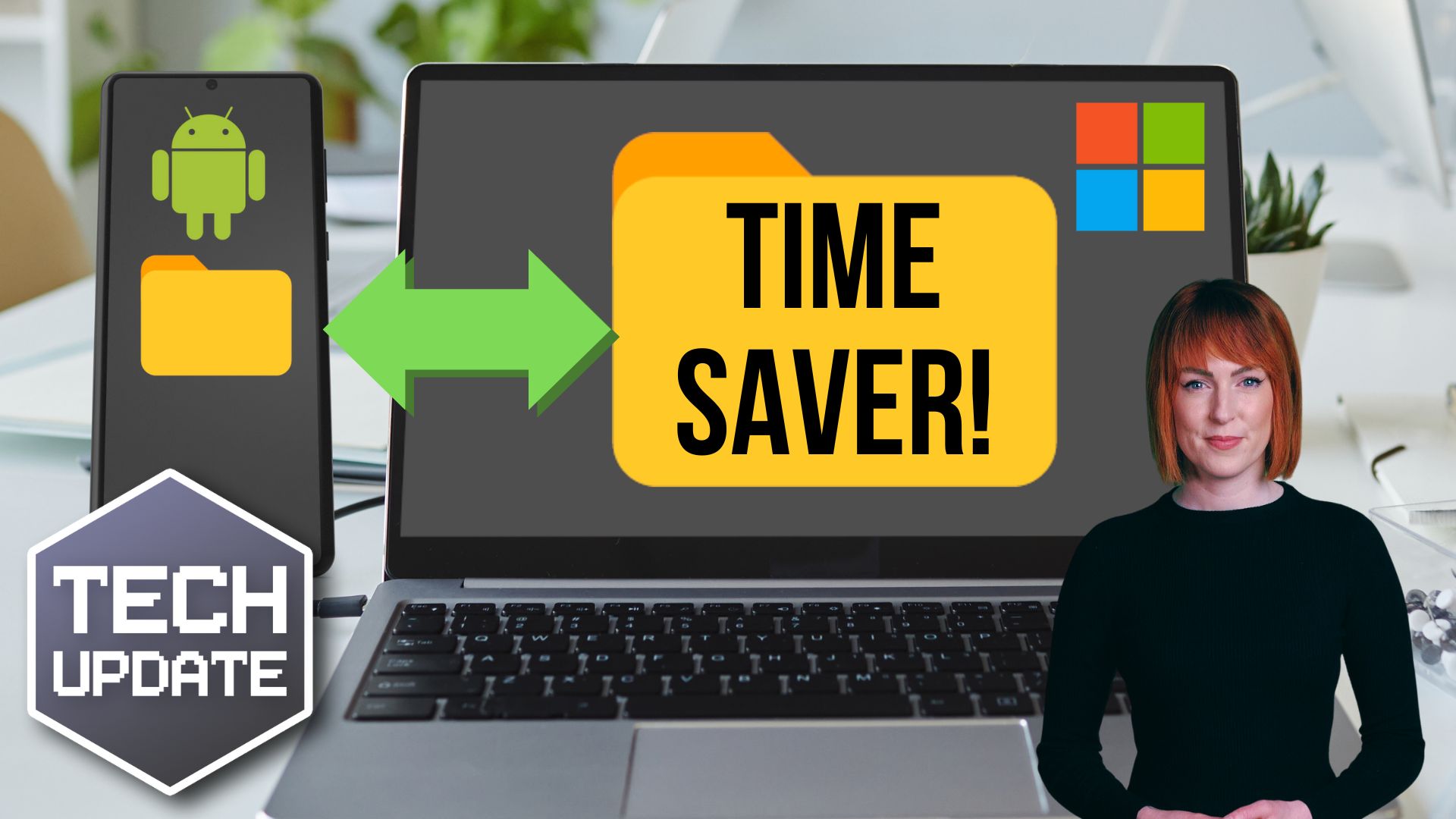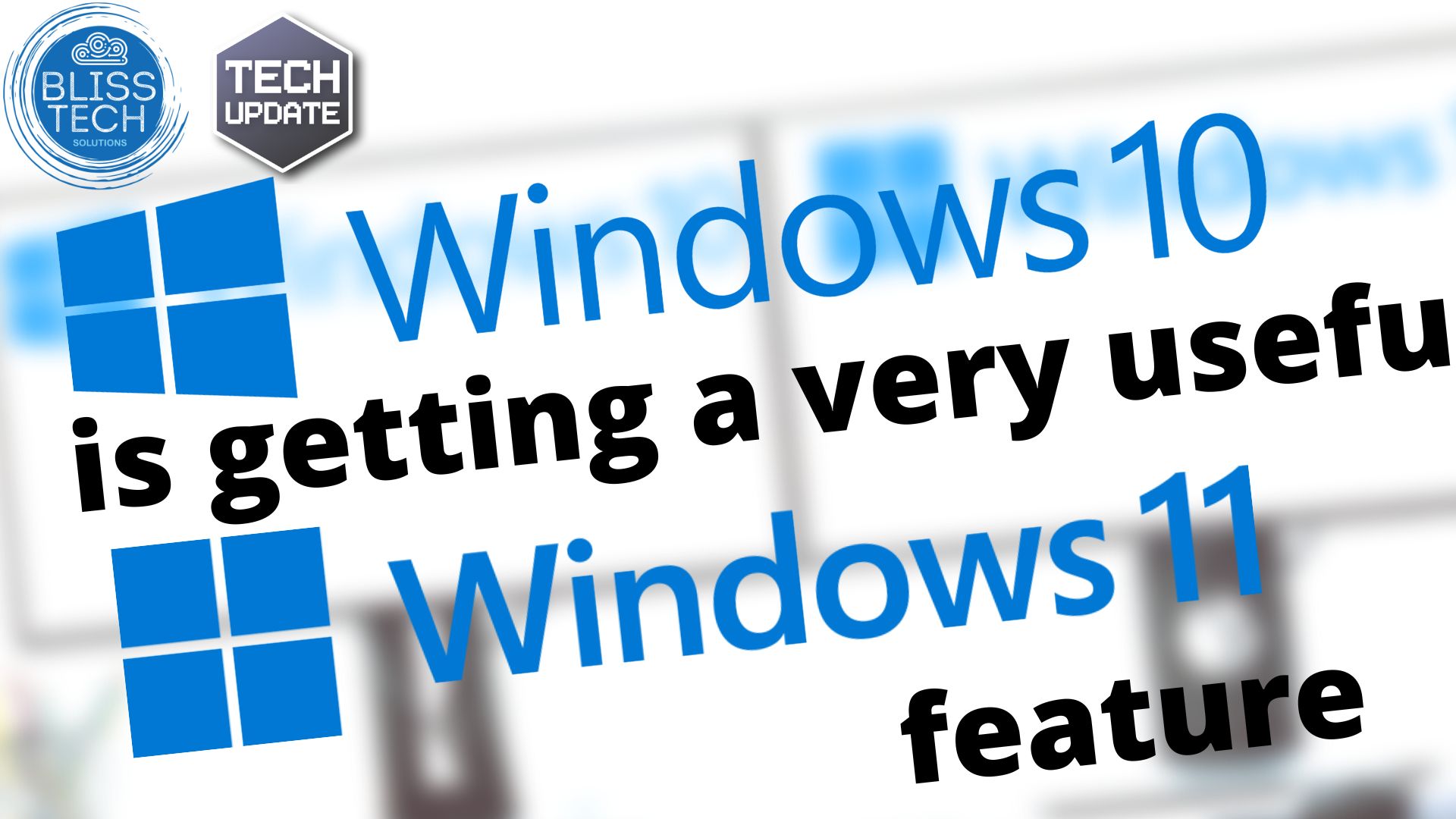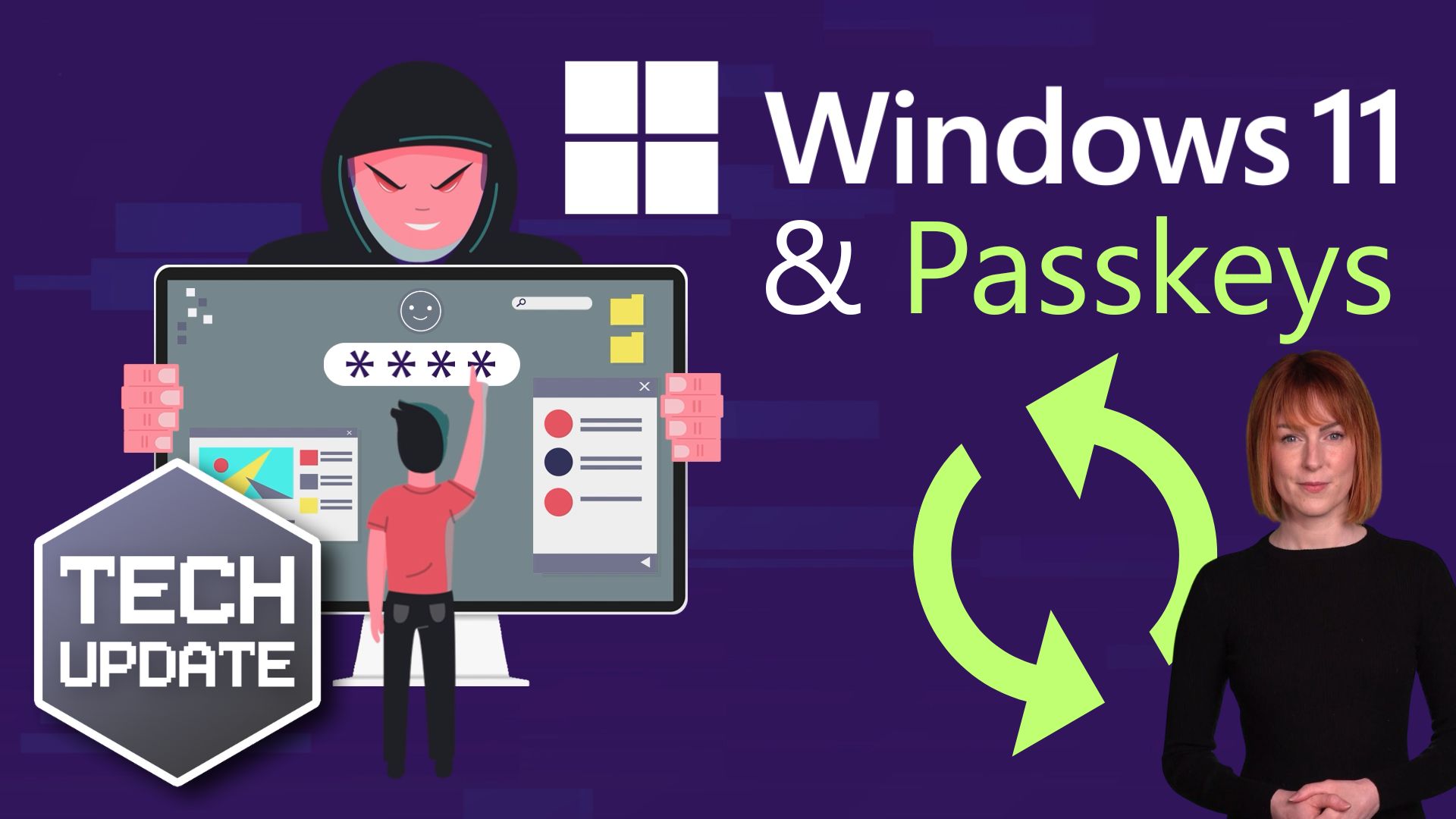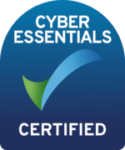If you employ anyone aged between 16 and 19, you need to pay special attention to the cybersecurity training you’re giving your team.
A new study has revealed that a host of worrying online behaviour has become almost normalised among many young people. And much of this activity is illegal.
We’re not talking about serious cybercrime such as ransomware attacks or stealing data.
But one in three 16 to 19-year-olds have admitted to digital piracy, and a quarter has tracked or trolled someone online.
Most of these behaviours may not directly affect your business. But some are so commonplace that too many young people view them as a part of everyday life.
That’s not something you want them bringing to work.
Casual software piracy or illegal downloads on devices used for work could open the door to a massive security breach.
The answer is simple: Hold cybersecurity training for all your employees on a regular basis.
This training should:
- Highlight the impact of bad online behaviour and the potential for security breaches
- Help everyone understand how this kind of activity can harm people – and your business
- Make everyone aware of the scams and attacks that your business is vulnerable to, as well as the part they play in keeping everyone protected
- Make the consequences clear for anyone found to be engaging in this behaviour
If this is something you need some expert help with, it’s what we do so please get in touch.
Get In Touch